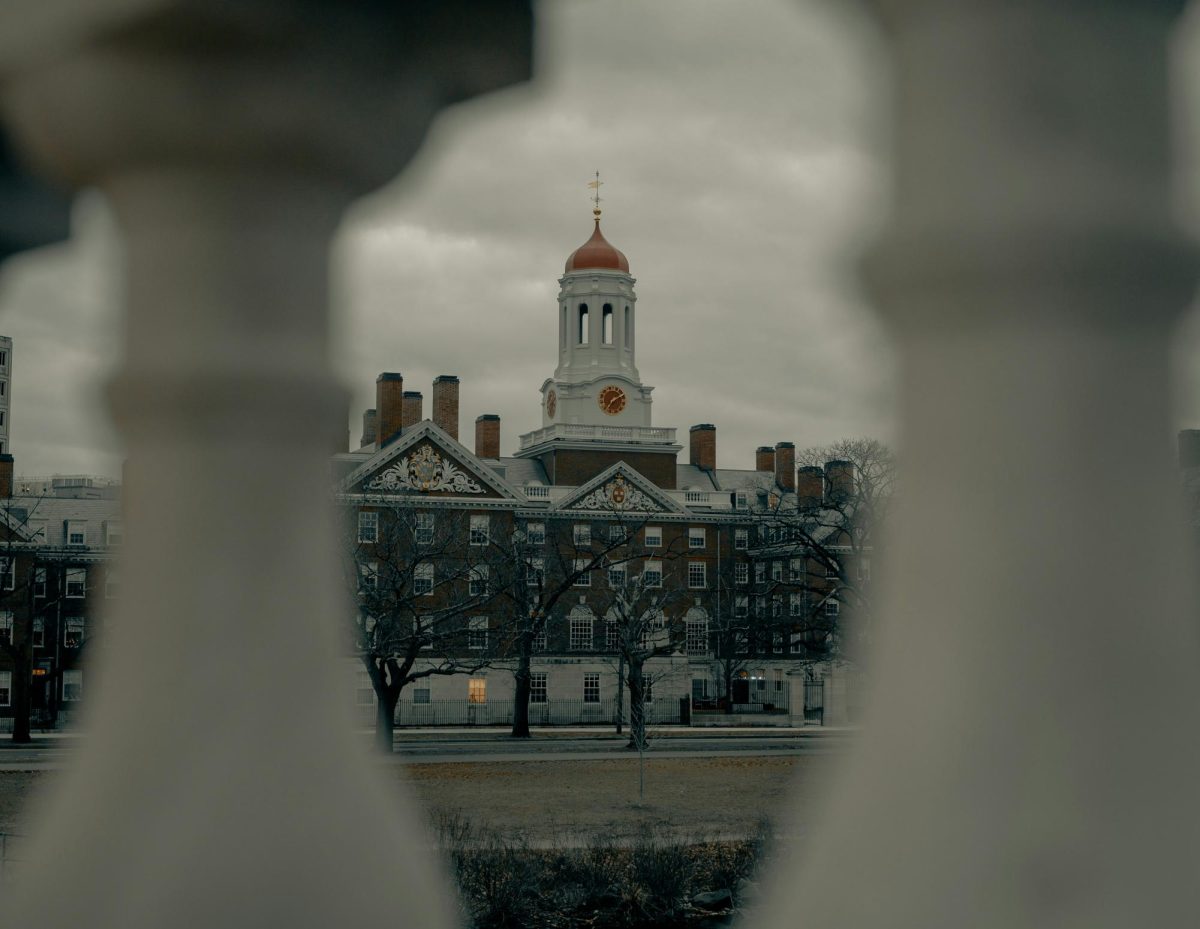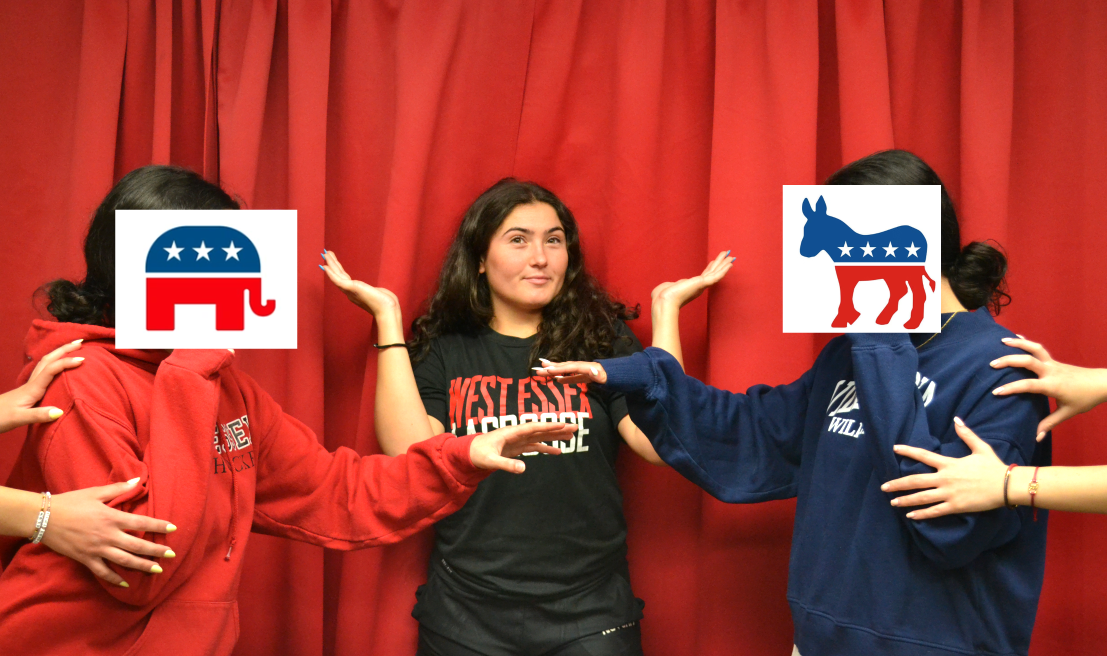As another academic year ends, the ritual begins: final exams, summer reading lists, college prep courses, and the slow, creeping anxiety of whether you’re using your break “wisely.” In an educational landscape increasingly shaped by competition, personal branding and performance, even the months reserved for rest are no longer free from the dark shadow of school.
The average public high school student is no longer just a learner, but also a strategist. Summers are treated as extensions of the school year, spaces to build resumes, polish applications and pursue enrichment that translates into measurable success. Whether it’s SAT prep, pre-college intensives, internships or online courses, summer has unfairly become synonymous with productivity. To do nothing, even briefly, feels risky. The emptiness of summer no longer sparks an urge to sit around and relax, but rather a pressure to take advantage of every single minute that is not being occupied by school.
The shift is cultural as much as it is institutional. This prevailing mindset is built around brutal competition. Students are consistently taunted with the reminder that there are limited spots at top colleges, limited scholarships, limited internships. Students are taught to anticipate the competition early and position themselves accordingly, this means doing anything and everything to get ahead. Those who rest, risk falling behind.
This mentality is reinforced through systems designed to reward constant activity. College admissions offices often request detailed accounts of summer engagement, along with everything else. Counselors emphasize summer as a time to “stand out.” And social media, which provides curated glimpses into the lives of peers and academic influencers, heightens the pressure to be doing something impressive—always.
Yet, lost in the rush to optimize is the original purpose of summer: recovery. The school year demands intellectual, emotional and social energy at a relentless pace. A true break with no obligations that are disguised as opportunities is a necessity after a long year non-stop workload..
This isn’t just about burnout; it’s also about the right to be young without every action becoming a line in a future application. The right to explore interests without needing to monetize or professionalize them. The right to read aimlessly, sleep in, the privilege of experiencing boredom, and to learn organically, through curiosity rather than pressure.
This summer, shift your focus onto letting go of the guilt that comes with doing nothing. Rest isn’t wasted time— it is how you can reconnect with who you are outside of school. Begin choosing things that build you, not just your resume. Whether it’s journaling, learning a random skill or just being present with people you care about, those moments should be just as valuable as any assignment— potentially more, and they can fulfill you beyond words.
Ironically, some of the most valuable growth happens in these unscheduled moments. Creativity thrives when unforced. Perspective deepens in quiet. And rest is not the enemy of ambition—it is often the thing that sustains it.
The problem, then, is not that students want to succeed. It’s that the structure around them increasingly defines success so narrowly that anything resembling stillness feels like failure. As a result, many students carry their stress with them year-round, without pause. Getting accepted into college with the application you gave up summers and weekends and precious sleep for, simply means entering a new cycle of the same burnout.
The question about whether you’re allowed to not think about school this summer is less of a personal plea and more of an unavoidable cultural challenge that we must strive to omit.





